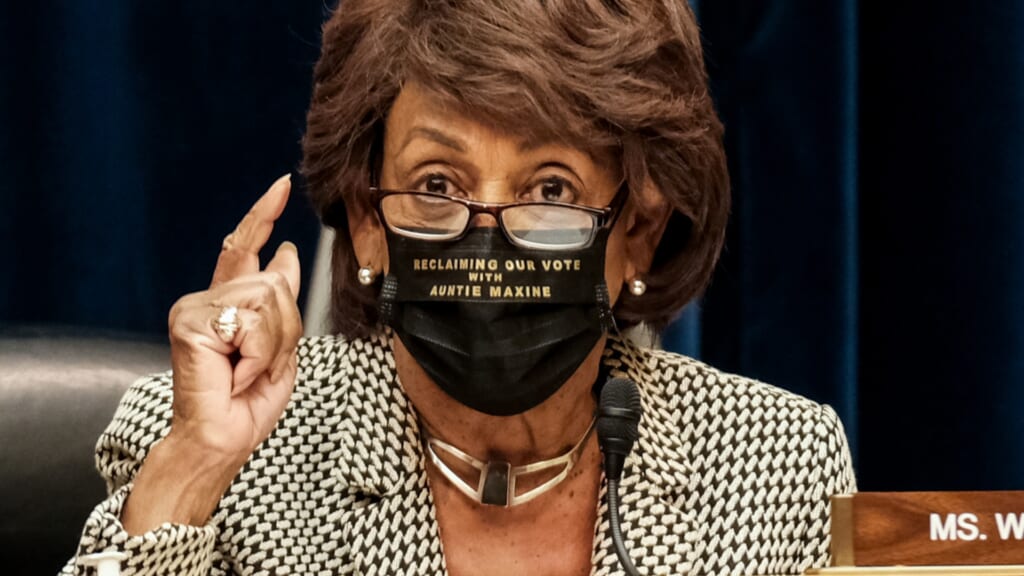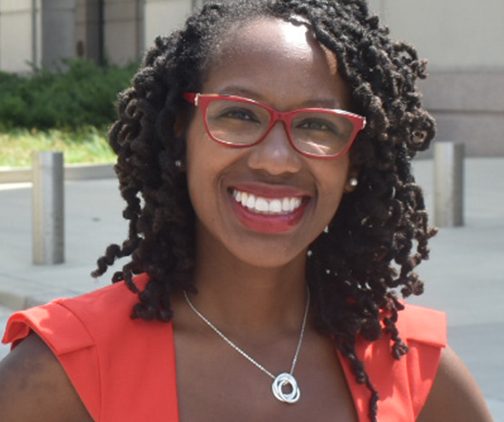Kamala Harris’ first 100 Days paints complicated political picture for Black women
Opinion: As Vice President Kamala Harris marks this milestone, we must acknowledge the interplay of emotions and political decision-making among Black women.

Commemorating Kamala Harris’ 100th day as the U.S. vice president is an achievement that should be a cause for celebration. Black women cheered when she was nominated and then elected in 2020, a year filled with racial strife and animus.
In 2021, we acknowledge the continued racial inequities – particularly faced by Black women and girls – and applaud Harris’ governance. The notable first of being a woman and Black/Asian vice president carries a significant amount of adulation as Black women express pride in seeing themselves represented in the highest office in the land.
The Biden/Harris administration has their work cut out for them as they seek to make good on their acceptance speech promise of thanking Black women by advancing policy that is of importance to this demographic group.
Read More: Kamala Harris to be first vice president with wax figure at Madame Tussauds

The Current Political State of Black Women In 2021
Black women are mourning the continued state-sponsored murders of our children, men, brothers, and sisters. One hundred and thirty-five Black men and women have been killed in the United States by police officers since 2015 and a supermajority of these officers have been white.
Although there is not an official database of police violence at the federal level and researchers do not have concrete data on the number of people killed by the police, organizers have continued to protest against police violence. The political and social movement of Black Lives Matter to call attention to racially-motivated violence by bringing justice and freedom to Black people has been successful at keeping racial injustice on the forefront of America’s minds.
Regrettably, this is because of the frequency of Black deaths at the hands of police officers. In the last week, we’ve grieved the loss of Andrew Brown Jr. in Elizabeth City, North Carolina and Ma’Khia Bryant in Columbus, Ohio.

Read More: Ma’Khia Bryant’s death puts spotlight on frequency of police shootings in Columbus, Ohio
As a collective, Black women viewed Brown and Bryant as kin – one of our brother/son/father/husband or daughter/sister/niece – is no longer living because of police violence. The protests for our fictive kin calls attention to systematic racial inequities as much as an opportunity to collectively grieve.
Black women have also publicly shared their experiences with childbirth, mothering, and other mothering during Black maternal health week earlier this month. Conversations of reproductive and birth justice as part of broader conversation of Black maternal health reveals how Black mamas (and those that love them) are respected, have rights, and are given every opportunity to thrive as mothers both before and after pregnancy.
The call to acknowledge present-day Black maternal health inequities is a result of centuries of structural racism that has led to disproportionate maternal and infant death among Blacks. As Professor Deirdre Cooper Owens’ work demonstrates, enslaved Black women’s bodies were used in experimental studies to develop the modern medical field of obstetrics and gynecology.

The policy implications of how medical professionals and lawmakers view Black women’s bodies and their offspring are entangled in this torrid past. The Congressional Caucus on Black Maternal Health Caucus was created to proffer policy solutions to end racial disparities and improve maternal health outcomes.
Founded by Congresswoman Alma Adams (D-NC) and Lauren Underwood (D-IL) in 2019, this newly-formed caucus is one the largest bipartisan caucuses in Congress. Undoubtedly, Black women are appreciative of this congressional recognition and perhaps feel vindicated that their experiences have warranted federal attention.
Yet, the deep sorrow that many Black mothers and families feel due to their experiences with racialized and gendered health disparities are real. Many Black mothers report challenges to their psychological well-being and even exhibit depressive symptoms during the postpartum period. The Congressional Caucus on Black Maternal Health is bringing together legislators, medical professionals and community stakeholders to develop better policy responses to address reproductive rights of Black women.
Responses by Kamala Harris & Black Women Political Elites
Black Congresswomen are the backbone of Congress. They are the ones who are holding up communities that are often ignored in the policy-making process. Take for instance Alvin Tillery’s work that demonstrates Black Congresswomen are more likely than their Black male counterparts to champion Black Lives Matter issues in Congress as seen via social media posts.

Or, research that demonstrates that Black Congresswomen are more likely than their peers to discuss gender, race, and its role in influencing their policy considerations in their biography pages on their websites. Furthermore, Black women legislators sponsor more legislation that both directly and indirectly impact marginalized groups. This is a heavy lift.
How do Black women feel about doing this advocacy work? We are currently engaged in a research project to examine the interplay of emotions and political decision-making among Black women legislators.
Black political elites are tired and frustrated. Indeed, Rep. Ayanna Pressley (D-MA) tweeted in November 2018 that she was “sick and tired of being sick and tired. We must do more to address the systemic problem of violence and trauma in our communities.” A nod to Fannie Lou Hamer’s famous plea, Pressley echoes generations of Black women political actors who are fed up with the status quo that keeps Black women in marginalized positions.

We have seen this before, but this time feels different. For the first time in our nation’s history, we have a Black woman second in command. Harris understands the challenges and opportunities that Black women face in this country. She also knows that she represents Black women, a group that has been ignored and marginalized in American politics.
As the country celebrates the first 100 days of the Biden/Harris Administration, Harris is poised to oversee legislation that can improve the lives of Black women. She may cast a deciding vote in bills like the massive infrastructure package that includes funding for caretaking.
These policies have the support of Black Congresswomen and Kamala Harris’s deciding vote will signal that this administration is upholding some of their promises to the key voting bloc that elected them in November.

Nadia E. Brown is an associate professor and University Faculty Scholar of political science and African American studies at Purdue University. Professor Brown is the author of the award-winning Sisters in the Statehouse: Black women and Legislative Decision Making. And the lead editor of Politics, Groups and Identities.
